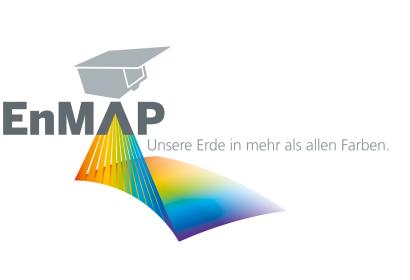The EnMAP (Environmental Mapping and Analysis Program) satellite launched into space from Cape Canaveral, Florida, at 18:24 CEST on April 1, 2022. EnMAP will use 242 spectral channels (hyperspectral) to record Earth from a distance of 650 kilometers.
“With the launch of EnMAP, Germany is making an indispensable contribution to climate protection. Its cutting-edge hyperspectral sensor technology will allow us to perceive the world through new eyes. We will uncover previously unknown facts, allowing us to identify changes in the environment in real-time and more effectively safeguard the climate and ecosystem. EnMAP will thereby assist us in making global land use more sustainable, revealing the effects of climate change, and counteracting the environment's gradual degradation. With EnMAP, Germany contributes significantly to European space technology for the benefit of our planet," says the Federal Government Coordinator for German Aerospace Policy at the Ministry of Economic Affairs and Climate Action (Bundesministerium für Wirtschaft und Klimaschutz; BMWK).
"The characteristics of materials on the Earth's surface may be quantified using hyperspectral remote sensing. Agriculture, forestry, and land use, as well as the monitoring of bodies of water, geology, and urban land use, as well as geohazards and natural risks, are all viable applications", explains a DLR expert.
The EnMAP environmental mission is managed by the German Space Agency at DLR in Bonn on behalf of the Federal Ministry of Economic Affairs and Climate Action (BMWK). The study's scientific lead is the German Research Centre for Geosciences (Deutsche GeoForschungsZentrum; GFZ) in Potsdam.
Find more information on the EnMAP website.

